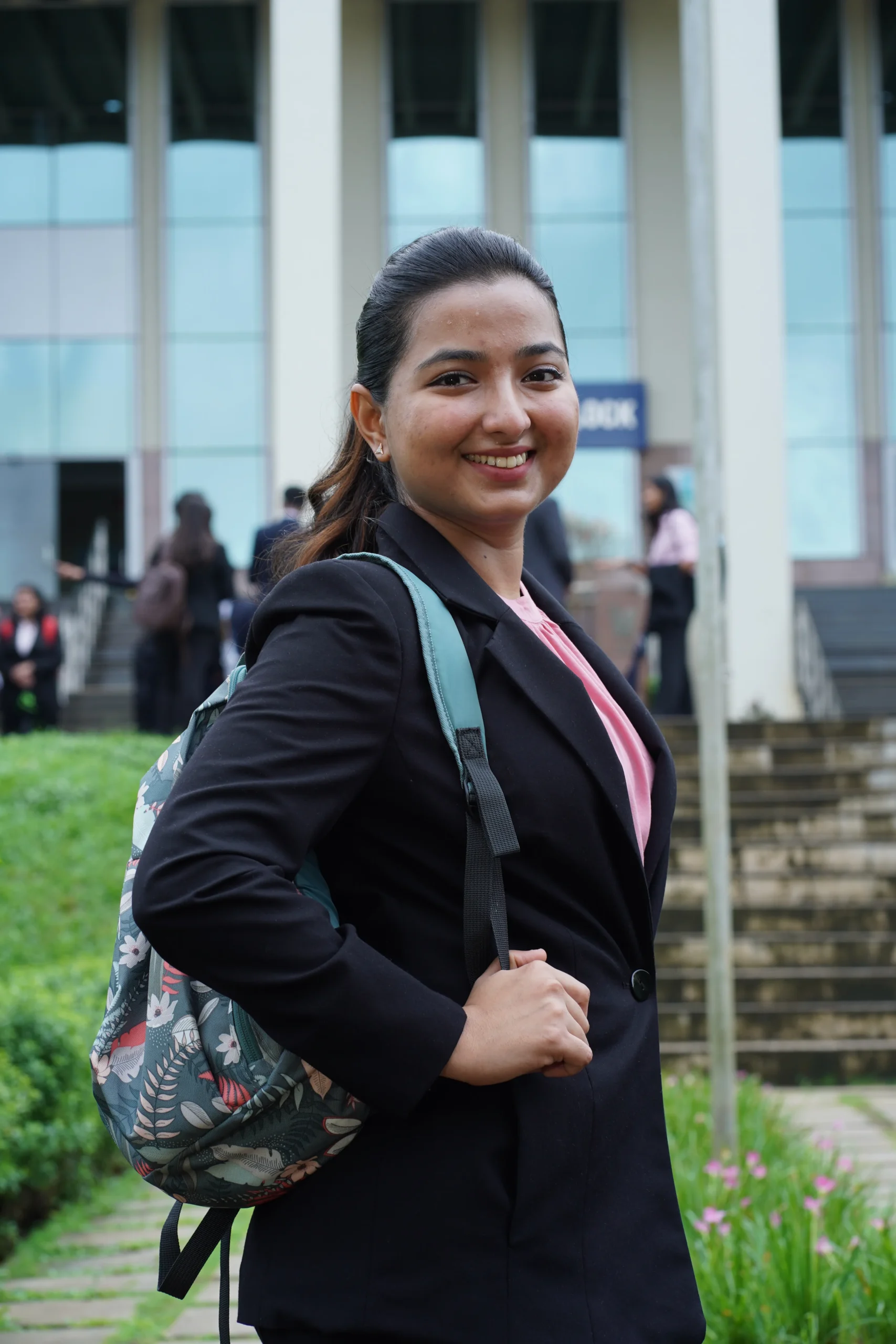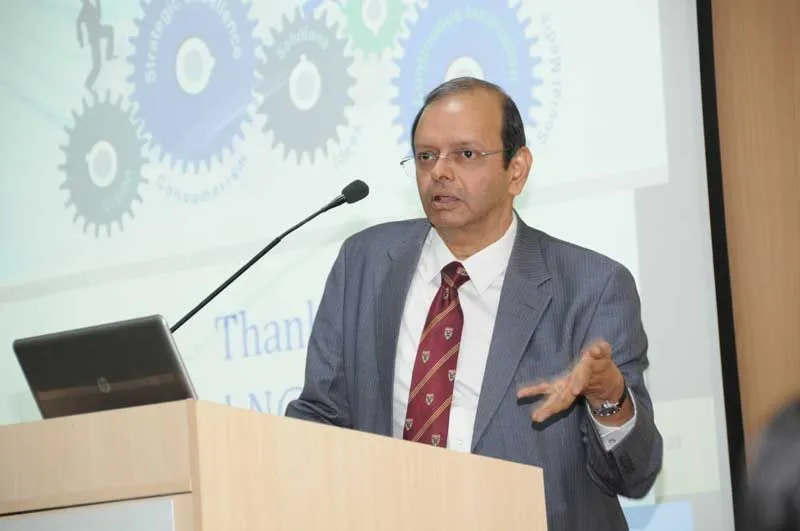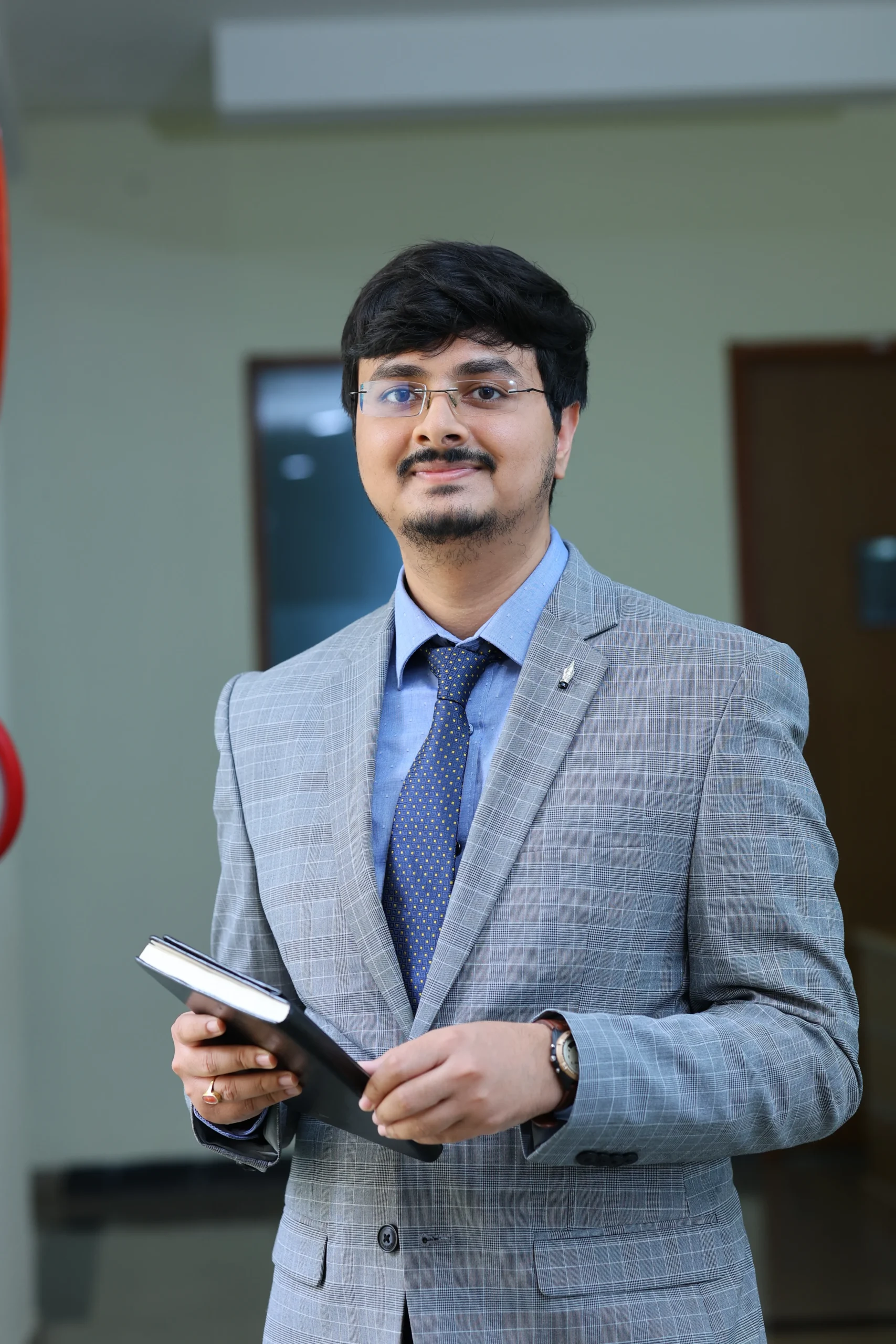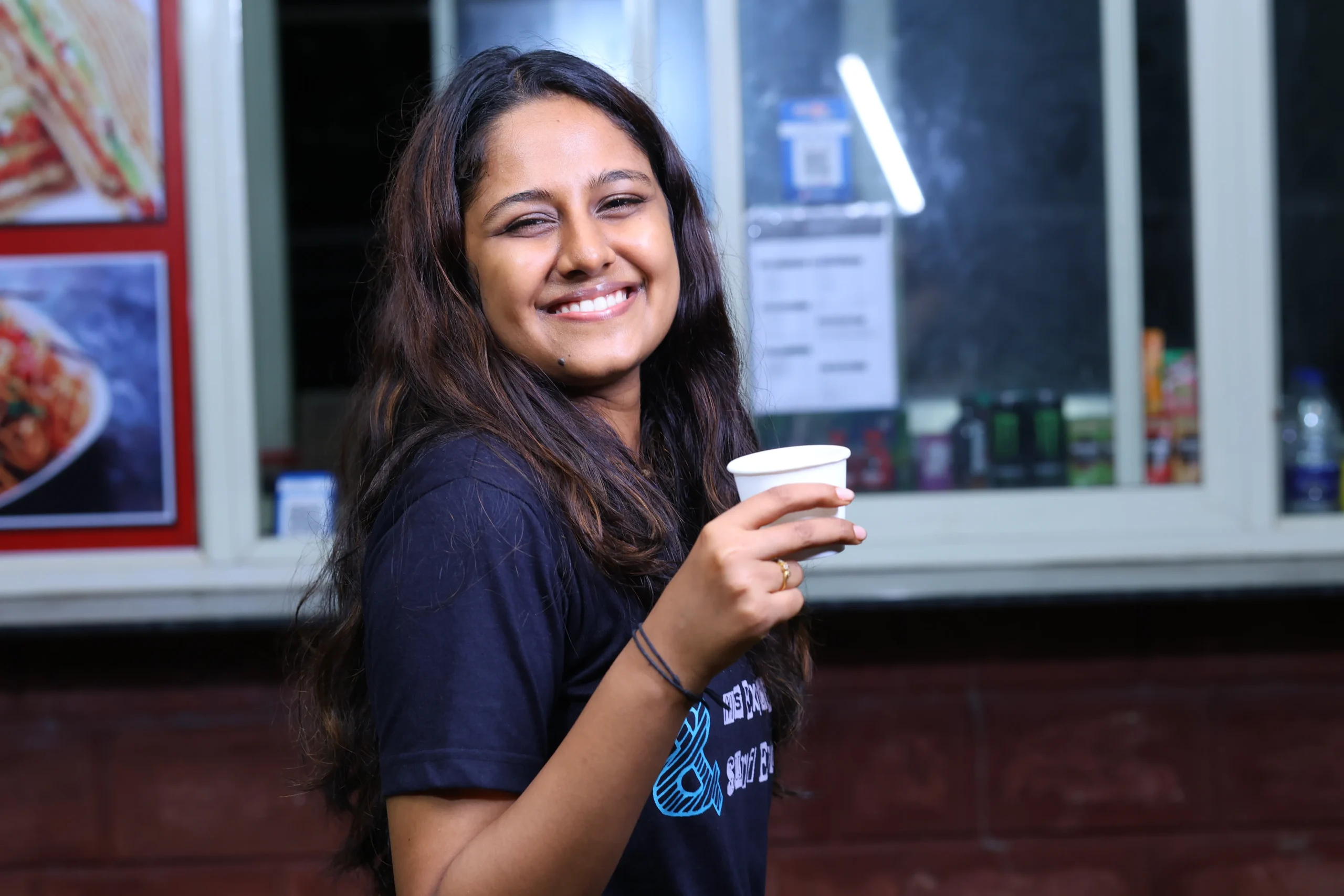At TAPMI, sustainability is a core pillar of management education, research, and practice, ensuring organizations align their strategy, structure, and business models with sustainability principles. The T.A. Pai Centre for Sustainability and Competitiveness (TCSC) leads initiatives through collaborations, stakeholder engagement, program management, and research. TAPMI follows a triple-bottom-line approach, integrating social, environmental, and economic sustainability across its curriculum, research, and partnerships. Courses like ‘Sustainability, Responsibility and Managerial Ethics’ and ‘Society, Environment, Values & Attitudes’ immerse students in real-world sustainability challenges through engagement with NGOs, micro-entrepreneurs, and local businesses. Our research agenda focuses on evidence-based solutions to pressing global challenges while partnerships bridge knowledge, skill, and technology gaps, connecting small producers and consumers with larger economic systems. TAPMI fosters sustainability-driven leadership through these initiatives and contributes to global financial and development dialogues.

The world is at the mid-point of the ‘decade of action’, a decade which must demonstrate via action on the ground that the SDGs are achievable and necessary to act upon urgently. As a Champion school of the United Nations Principles for Responsible Management Education initiative (UNPRME), TAPMI is committed to action along all applicable dimensions of sustainability-related curriculum development, research, practice, and partnership building, as appropriate to a business school. The T A PAI Centre for Sustainability and Competitiveness (TCSC) is now designated as the hub for SDG-related activity at TAPMI and across the Manipal Academy of Higher Education (MAHE) ecosystem.
TCSC offers services across five verticals, including Executive Education and Business Consulting, Curriculum development and certification, research, thought leadership and policy support, project design, implementation & monitoring, and acts as a convening hub for an interdisciplinary community of practice of sustainability-related experts from across the MAHE system, affiliates and partners.
We look forward to engaging with businesses, civil society organizations, government bodies and officials at all levels, community organizations, cooperatives, academics, activists, innovators & inventors, and generally anyone actively interested in advocating for and actioning interventions in pursuit of achieving the SDGs.
With sincere regards,
T A Pai Management Institute (TAPMI), Manipal, is a mission-driven educational institution dedicated to sustainability, ethics, and social responsibility. As part of the Manipal Group of Institutions, TAPMI embraces a legacy of innovation, development, and environmental consciousness, aligning its initiatives with the United Nations Sustainable Development Goals (SDGs).
Mattu Gulla, a type of brinjal grown in the rural areas of Udupi, Karnataka, carries a GI tag and enjoys special protection under the Geographical Indications (GI) of Goods (Registration and Protection) Act, 1999. The project aims to help improve the efficiency of the supply chain of the Mattu Gulla crop grown by the local farmers. Mattu farmers have relied on the middlemen, i.e., wholesalers, to sell their crops, which typically translates to low-profit margins for producers. This problem only intensified during the COVID-19 crisis. The Project Team worked with the local community members, especially women, to set up infrastructure for the new products and conducted one round of training for the women to make said products.

The project aimed to learn about the district’s various handloom sari weaving units, diagnose supply chain issues and decipher evolving customer preferences & purchasing behavior of the 21st-century sari buyer, especially of handwoven products. The project team supported product diversification, identifying new market opportunities, and social media promotion.

The pandemic has changed how people, especially children, live and see their future. The client – ‘The Concerned for Working Children’ (CWC), has worked with marginalized children since pre-pandemic times. The task was to help CWC analyze the impact of the COVID-19 pandemic on the lives of children. A detailed study report on the effects of the pandemic on the lives of children in rural Karnataka includes the educational, nutritional, emotional, and physical effects. The focus was on children whose immediate family members were affected by the disease and children who were dependent on government aid, which was severely impacted during this period.

This project was meant to understand the eco-gifting market in India and promote the practice of eco-gifting among businesses and households in Manipal through the client’s store, “CraftsMantra,” using its upcoming online and current offline presence. The research resulted in CRM Strategies, product variations for different market segments, and consequent pricing strategies. The team supported identifying new market opportunities and promoting the store and its products on social media.

India has ten blue flag beaches, two of which are in Karnataka. The team was tasked with analyzing the Padubidri Beach conservation and protection mechanisms and identifying gaps in them to aid beach management in closing these gaps and meeting the criteria laid down by the Blue Flag Beach Program. Further, the students worked on a first aid training program for the residents around the beach and local micro-entrepreneurs to further safety preparedness. The team prepared a report on conservation activities in the Blue Flag Beach area, creating a handbook on medical preparedness and first aid for first responders.

TAPMI’s campus is in the biodiverse Western Ghats of South India and is designed to minimize its environmental footprint through several sustainable practices:

TAPMI ensures that sustainability is deeply embedded in its curriculum through a combination of classroom learning and field-based projects:

TAPMI fosters sustainability not just locally but also through strategic partnerships with prestigious organizations:
Champions Group Membership: TAPMI was selected as one of 34 leading global business schools in the 2018-19 cycle, further strengthening its commitment to responsible management education.

TAPMI connects deeply with students, alumni, local communities, and businesses through its education, research, and corporate engagement initiatives. The institute aims to:

TAPMI remains committed to advancing sustainability and welcomes collaboration, feedback, and engagement opportunities. Interested individuals or organizations can connect via phone, email, or in person at the Manipal campus.
This report provides an overview of TAPMI’s multifaceted approach to sustainability, covering its curriculum, research, projects, partnerships, campus initiatives, and community services.
Connect with the Sustainability Team
Prof. Ishwar Haritas
Associate Professor, Strategy and General Management Area, TAPMI, Manipal and Chair, TCSC
Ms. Latha Takur M
Executive, TCSC

Established in 1981, TAPMI has been at the forefront of management education, shaping future leaders through academic excellence, innovation, and real-world learning. With a commitment to nurturing global wealth creators and industry-ready professionals, we continuously benchmark ourselves against the best. Guided by our core values—Excellence, Trust, Honesty, Innovation, Commitment, and Student-Centricity—we foster a culture of ethics, sustainability, and transformative learning.